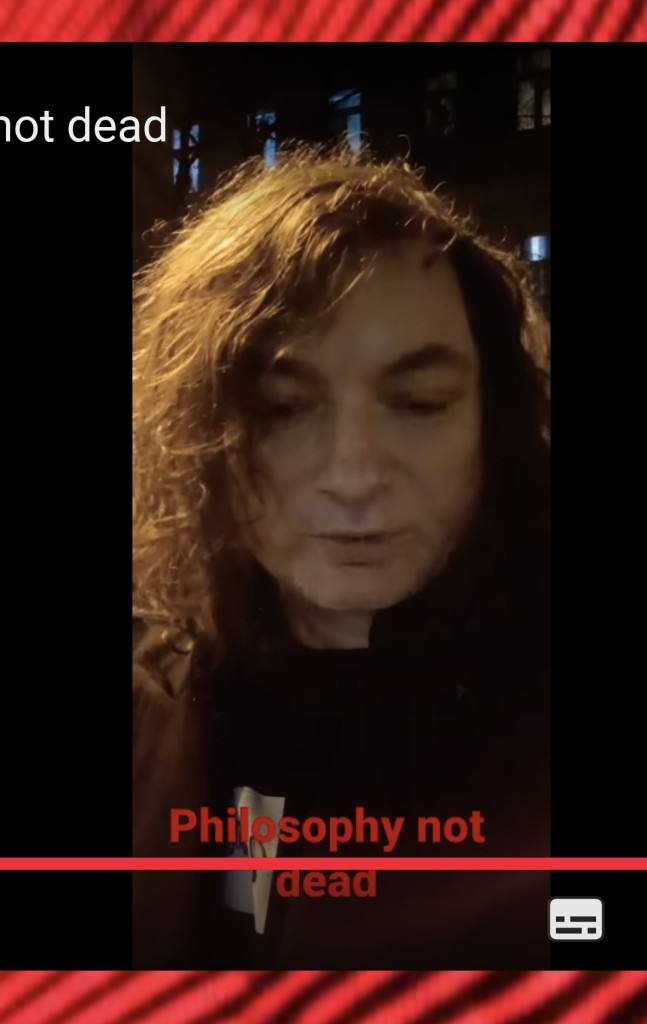
This Article Essay Post Page is focusing on the philosophical term #fearofdeath and it will cover to the leel of exhaustion hopefully 👔this subject. Aiming to stop wars and W🌏RLD PEACE nou != Utopia the points that I try to make are ….sin e we all are aware of our own death and yeh we all fear it many may not admit it but its a pressure there since very early ages. Now lets dive into it and raise the awarness AWARE ⚠️NESS ‼️ about how admitting this fears to eaxh other could maybe be one #way to reach Gl🌏bal Peace. STOP WARS not STAR WARS. NOT 👔!=
Introduction
The fear of death, or thanatophobia, is a universal human experience that has shaped philosophies, religions, and cultures across millennia. This profound anxiety arises from the awareness of our mortality, a trait unique to humans due to our capacity for self-reflection and foresight. While death is an inevitable biological reality, the fear it evokes is deeply psychological, often intertwined with existential questions about meaning, purpose, and the unknown. This essay explores the origins, manifestations, and philosophical responses to the fear of death, as well as strategies for coping with this primal anxiety.
The Origins of the Fear of Death
The fear of death is rooted in both biological and psychological imperatives. From an evolutionary perspective, fear serves as a survival mechanism, prompting organisms to avoid threats and preserve life. For humans, however, this instinct is complicated by our awareness of mortality. Unlike other animals, we can anticipate our own demise, which creates a unique tension between our desire to live and the knowledge that death is inescapable. This cognitive dissonance, as philosopher Ernest Becker argues in The Denial of Death (1973), lies at the heart of human anxiety. Becker suggests that much of human behavior—our pursuit of achievements, relationships, and even immortality through legacy—is an attempt to transcend or deny this fear.
Psychologically, the fear of death manifests in varied ways, often influenced by individual temperament, cultural background, and life experiences. For some, it is a fear of the unknown, the uncertainty of what lies beyond life. For others, it is the dread of non-existence, the cessation of consciousness, or the loss of control. Existential psychologists like Irvin Yalom note that this fear often emerges during moments of crisis—illness, loss, or significant life transitions—when mortality becomes more salient. Cultural factors also play a role; for instance, societies with strong religious frameworks may frame death as a transition to an afterlife, while secular cultures may emphasize its finality, intensifying existential dread.
Philosophical Perspectives on Death
Philosophers have long grappled with the fear of death, offering diverse perspectives to reconcile humanity with its mortality. Ancient Greek philosopher Epicurus famously argued that death should not be feared, as “when we are, death is not come, and when death is come, we are not” (Letter to Menoeceus). For Epicurus, death is merely the absence of sensation, and thus, it cannot harm us since we cease to exist. This view, while logically compelling, often fails to soothe emotional fears, as the anticipation of non-existence can be as distressing as the event itself.
In contrast, Stoic philosophers like Marcus Aurelius and Seneca urged acceptance of death as a natural part of life. Seneca, in his Letters from a Stoic, advises us to “rehearse death” daily, suggesting that constant reflection on mortality reduces its terror by making it familiar. By embracing the impermanence of life, Stoics argue, we can focus on living virtuously in the present, free from the paralyzing fear of an inevitable end.
Existentialist thinkers like Jean-Paul Sartre and Martin Heidegger take a different approach, emphasizing the role of death in giving life meaning. Heidegger, in Being and Time (1927), describes death as the “ownmost possibility,” a singular event that defines our individuality and forces us to confront our freedom to create meaning. For Sartre, the awareness of death underscores the absurdity of existence, compelling us to take responsibility for crafting our own purpose in a world without inherent meaning. These perspectives frame the fear of death as a catalyst for authentic living, though they acknowledge its emotional weight.
Psychological Manifestations and Coping Mechanisms
The fear of death manifests in both conscious and unconscious ways, influencing behavior and mental health. Consciously, it may appear as acute anxiety about aging, illness, or the loss of loved ones. Unconsciously, it can drive behaviors such as risk avoidance, obsession with health, or the pursuit of symbolic immortality through fame, wealth, or legacy. Terror Management Theory (TMT), developed by psychologists Jeff Greenberg, Sheldon Solomon, and Tom Pyszczynski, posits that humans manage their fear of death by clinging to cultural worldviews and self-esteem, which provide a sense of meaning and permanence. For example, religious beliefs or national pride can buffer existential anxiety by offering a sense of belonging to something larger than oneself.
Coping with the fear of death requires both psychological and philosophical strategies. Mindfulness practices, rooted in Buddhist traditions, encourage individuals to focus on the present moment, reducing anxiety about the future. Cognitive-behavioral therapy (CBT) can help reframe irrational thoughts about death, addressing catastrophic thinking patterns. Support groups and open discussions about mortality, such as those facilitated by the Death Café movement, provide a space to normalize and explore these fears without judgment.
Philosophical approaches also offer practical tools. Stoic exercises, like negative visualization, involve imagining the loss of life or loved ones to build resilience and gratitude. Similarly, existential therapy encourages individuals to confront their mortality head-on, using it as a motivator to live authentically and pursue meaningful goals. Creative outlets, such as art, writing, or music, can also serve as a way to process and express fears about death, transforming anxiety into something tangible and meaningful.
Cultural and Religious Influences
Cultural and religious frameworks profoundly shape how individuals perceive and cope with the fear of death. In Christianity, the promise of eternal life in heaven can mitigate fear, though the concept of judgment may introduce its own anxieties. Hinduism and Buddhism view death as part of a cycle of reincarnation, emphasizing detachment and spiritual growth to achieve liberation. Secular humanist perspectives, on the other hand, often focus on creating meaning in this life, accepting death as a natural end without supernatural significance.
These frameworks influence not only individual beliefs but also societal rituals around death. Funerals, memorials, and cultural practices like Día de los Muertos in Mexico provide communal ways to process grief and fear, reinforcing social bonds and shared meaning. However, in increasingly secular societies, the absence of such rituals can leave individuals feeling isolated in their fears, highlighting the need for new, inclusive approaches to addressing mortality.
Conclusion
The fear of death is an intrinsic part of the human condition, arising from our awareness of mortality and the uncertainty it brings. While its origins are both biological and psychological, its manifestations vary widely, shaped by individual experiences and cultural contexts. Philosophical perspectives, from Epicurean rationalism to existentialist authenticity, offer ways to reframe death as a natural or even meaningful aspect of life. Psychologically, strategies like mindfulness, therapy, and creative expression can help individuals navigate this fear, transforming it into a source of motivation rather than paralysis.
Ultimately, the fear of death challenges us to live more fully in the present, to seek meaning in our actions, and to connect with others in shared humanity. By confronting this fear with courage and reflection, we can find not only solace but also a deeper appreciation for the fleeting beauty of life.























This the most existential theme ever. Humans are the only being aware of own death. Yet what do most of humans do to praise it ? and then haven t we learned from so much past destructions and wars that we should cherrish the life each single life ===?????? just asking …. when , not now then when ? when ? whill himanity learn all of the neceray and protect each single life. its unique thats for sure, for very sure.
cheers.